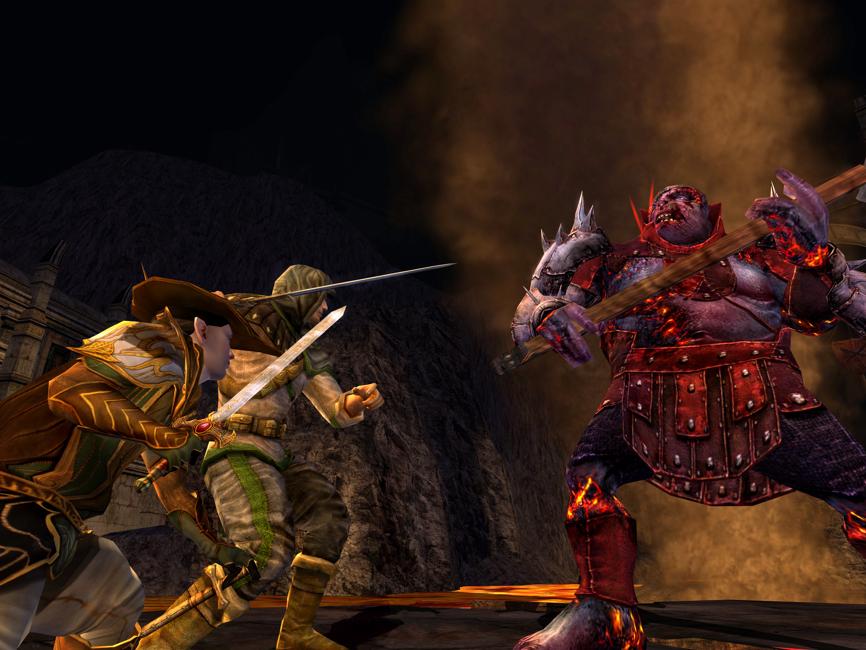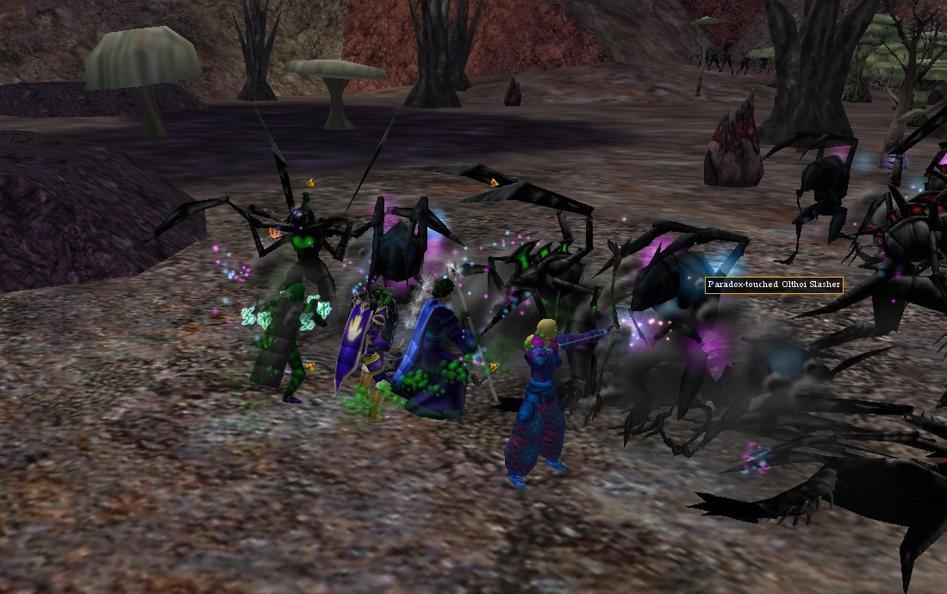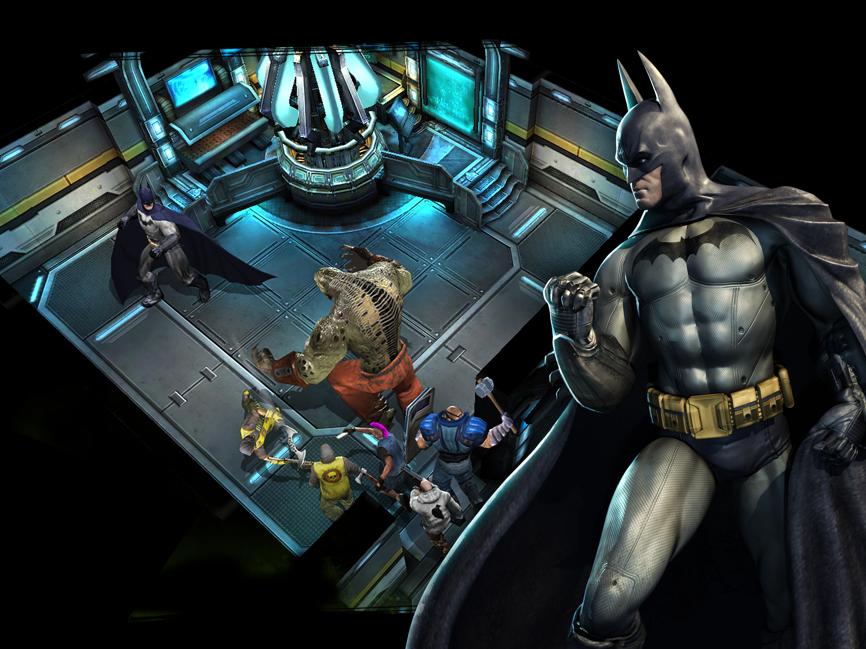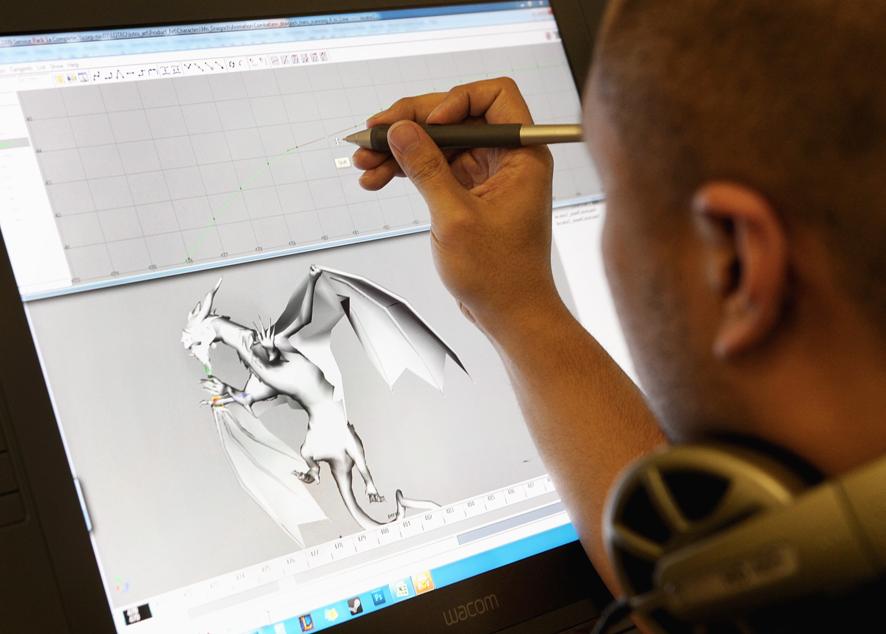



Turbine Inc., the Needham-based video game studio, built its reputation on sprawling online games. But now the game maker is downsizing in more ways than one.
Turbine has shifted entirely to the booming market for mobile games played on smartphones and tablets, while spinning off the giant computer-based fantasy games that were once its specialty.
Last year, Turbine rolled out its first mobile title, “Batman: Arkham Underworld.’’ In 2017, it expects to launch a mobile game based on the HBO television series “Game of Thrones.’’
Meanwhile, Turbine abandoned its best-known titles — “Lord of the Rings Online’’and “Dungeons & Dragons Online’’ — massive multiplayer games for desktop computers, sometimes called MMORPG games. In such games, thousands of players worldwide can compete or collaborate in epic fantasy quests played out over the Internet. In December, Turbine spun off control of those titles to Standing Stone Games, a Boston-based startup founded by former Turbine employees, and owned by Daybreak Game Co. of San Diego.
“When we made the decision to shift to mobile games, we wanted to ensure that our players and fans could still enjoy the beloved MMORPGs we’ve been working on for the past 10 years,’’ said Turbine’s studio head and vice president, Tom Casey.
And in a move that dismayed a small cadre of loyal fans, Turbine is shutting down its long-running title, “Asheron’s Call,’’ an online game launched by the company in 1999.
Fans of the game have begun an online campaign to save it. A leader of the effort, Rocky Batton, estimates that around 2,000 people still play the game, and hopes that Turbine will donate the software and allow them to set up their own network to keep running it.
SuperData Research, a video game industry research company in New York, estimates that worldwide mobile game revenues reached $40.6 billion last year, surpassing the $35.8 billion spent on desktop computer games.
“It’s a mobile world out there,’’ said SuperData’s chief executive, Joost van Dreunen. “They just want to be where the market is.’’
At the same time, Turbine was losing ground in the multiplayer market that the company had helped to create in the late 1990s. “It didn’t really go great for them in the traditional market,’’ said van Dreunen.
In addition, it’s much cheaper to build mobile games than multiplayer PC titles. “The average mobile game is a team of about 20 people, and it takes an average of about 18 months,’’ said Michael Pachter, research analyst at Wedbush Securities in Los Angeles.
Assuming an industry-average salary of about $100,000 per year, Pachter said, a high-quality mobile game can be brought to market for around $5 million. That’s far less than the cost of building a major multiplayer title, which could easily require 300 or more developers to create the software.
But profits aren’t a sure thing. Pachter estimated that advertising costs for a successful mobile game company come to about $10 per player. According to AdWeek magazine, game developer Machine Zone spent $40 million on advertising to promote its hit “Game of War.’’ Turbine may have to spend big money just to stand out in the crowded mobile gaming market.
When Turbine launched “Lord of the Rings Online’’ in 2007, it hoped to imitate the stunning success of “World of Warcraft,’’ an online fantasy game whose players pay a monthly fee to participate. At its peak in 2010, about 12 million people worldwide subscribed to “World of Warcraft.’’ These days, it attracts about half that number but is still by far the most successful game of its kind.
“Lord of the Rings Online’’ was never able to match that success, and in 2010, the company moved to a “free-to-play’’ or “freemium’’ business model. Anybody could download and play the game at no charge, but would have to pay to unlock special features and tools.
Some freemium games, like the team combat game “League of Legends,’’ have been quite successful. But van Dreunen said Turbine had built its cost structure around a subscription model, with a predictable monthly income stream.
’’It’s very difficult to generate the same amount of money or more with a free-to-play model,’’ van Dreunen said.
Turbine also suffered a major blow in 2015, when it launched an online superhero game called “Infinite Crisis.’’ Based on characters from DC comic books, “Infinite Crisis’’ was supposed to emulate the success of “League of Legends.’’ But Turbine shut it down after just two months, when hardly anyone showed up to play it.
“Turbine has probably been, over its history, one of the most important game companies in the New England area,’’ said Timothy Loew, executive director of the Massachusetts Digital Games Institute at Becker College in Worcester.
The company’s latest moves, Loew said, are an attempt to remain relevant and competitive in a game market that has undergone massive changes in recent years. “This is par for the course in the game industry,’’ said Loew. “We’ve seen it happen before and it’ll happen again.’’
Lord of the Rings Online
Asheron’s Call
Batman: Arkham Underworld
Hiawatha Bray can be reached at hiawatha.bray@globe.com. Follow him on Twitter @GlobeTechLab.


 PREVIOUS ARTICLE
PREVIOUS ARTICLE